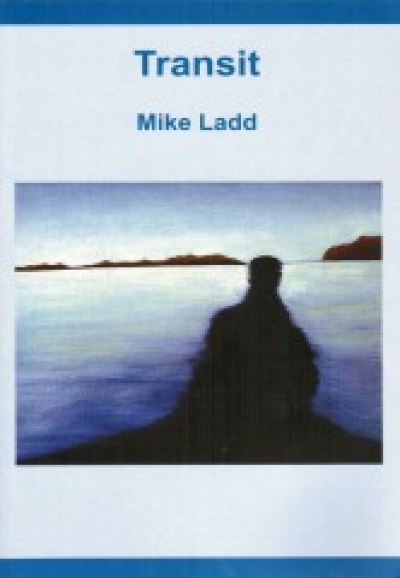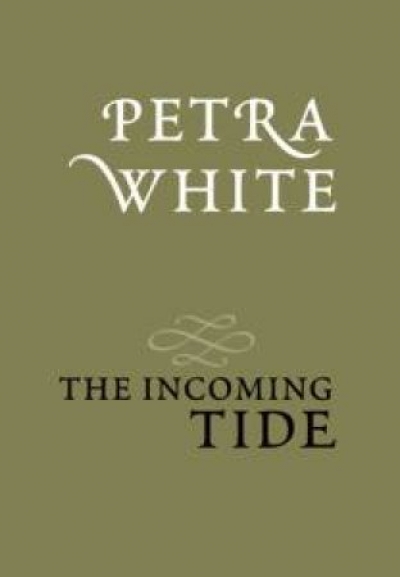Poetry
The Best Australian Poems 2007 edited by Peter Rose & The Best Australian Poetry 2007 edited by John Tranter
by Gregory Kratzmann •
The Collected Verse of Mary Gilmore: Volume 2, 1930–1962 edited by Jennifer Strauss
by Ann Vickery •
I was given to this body as haphazardly
As the monster of Frankenstein.
Lightning is a man’s metaphor,
But like fire it provides
A force alien to question.
Perhaps I am only this, this flesh,
Antipodes, vol. 21, no. 1, 2007 edited by Nicholas Birns & Southerly, vol. 67, no. 1-2, 2007 edited by David Brooks and Noel Rowe
by Ian Templeman •














